Cognitive Anomalies Consciousness and Yoga
The volumes of the Project of History of Science, Philosophy and culture in Indian Civilization aim to discover the central aspects aspects of India’s heritage and present them in an interrelated manner. In spite of their unitary look, these volumes recognize the difference between the areas of material civilization and those of ideational culture. The Project is not being executed by a single group of thinkers, methodologically uniform or ideologically identical in their commitments, Rather, contributions are made by different scholars of diverse ideological and methodological approaches. The Project is by what may be called ‘methodological pluralism’. In spite of its primarily historical character, this project, both in its conceptualization and execution, has been shaped by scholars drawn from different disciplines. It is the first time that an endeavour of such unique and comprehensive character has been undertaken to study critically a major world civilization.
Cognitive Anomalies, Consciousness and Yoga is Professor Ramakrishna Rao’s magnum opus, a culmination of life-long efforts to develop a comprehensive model of the person that is inclusive of our rational, emotional and spiritual dimensions without reducing or converting one into another. Professor Rap brings his vast scholarship in eastern and western thought systems and his experience as a practicing scientist and psychologist for a unified understanding of human nature. His arguments move with ease from Upanishadic conceptions to current phenomenological and existential discourses on the mind and from quantum mechanics and particle physics to neural correlates of consciousness.
Professor Rao sets out in the book with the primary question who we are. Are we merely brain-driven machines? Is consciousness no more than a pack of neurons firing in synchrony? Is there anything in us that does not fit into the material framework of the universe and calls for paradigmatic shift in our search for a more inclusive universe?
These questions take him for an indepth discussion of paranormal phenomena, extraordinary human abilities. Pointing to the pervasive scientific evidence n support of such abilities that cannot be wished away as unreal artefacts of sloppy research nor explained adequately on materialistic/reductionist models, Professor Rao argues that the current research paradigms are simply inadequate to study these phenomena. Extensive discussions of current research on consciousness bring into focus certain aspects of consciousness that in principle appear to defy all attempts to explain them within the physicalist framework. Prominent among them is subjectivity, the “what is it like” feel of experience.
Get it now and save 10%
BECOME A MEMBER

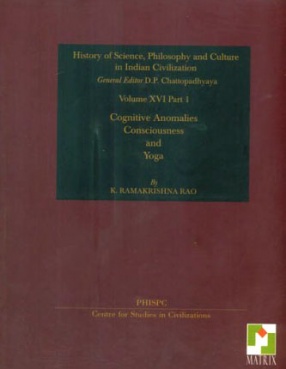
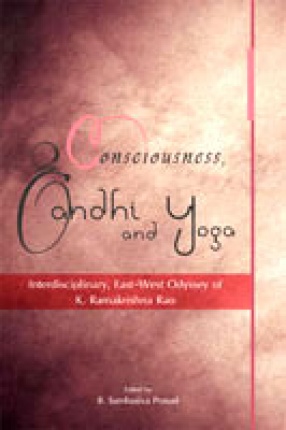
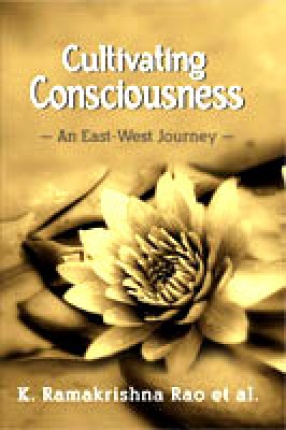
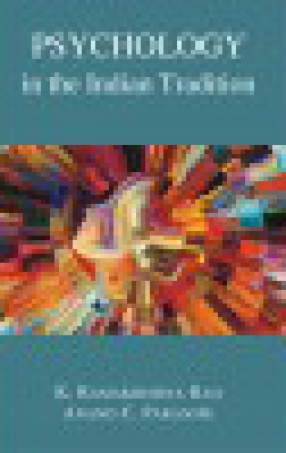
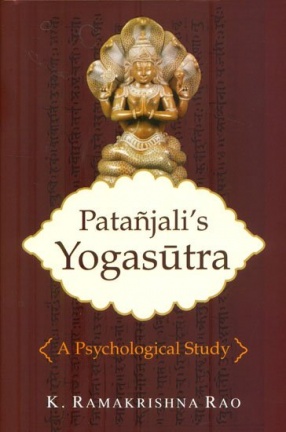
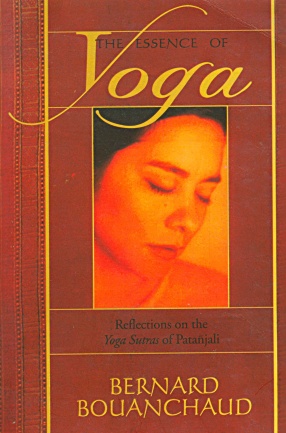

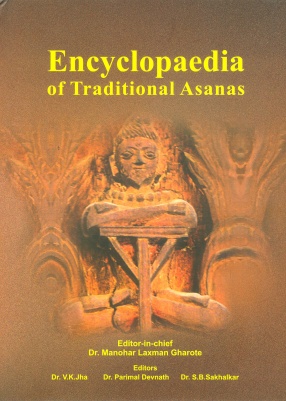
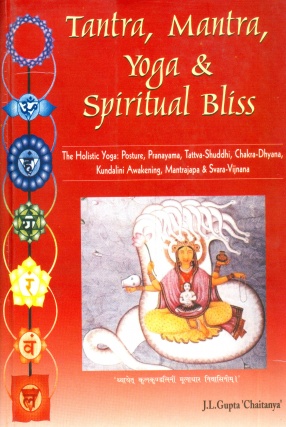

Bibliographic information